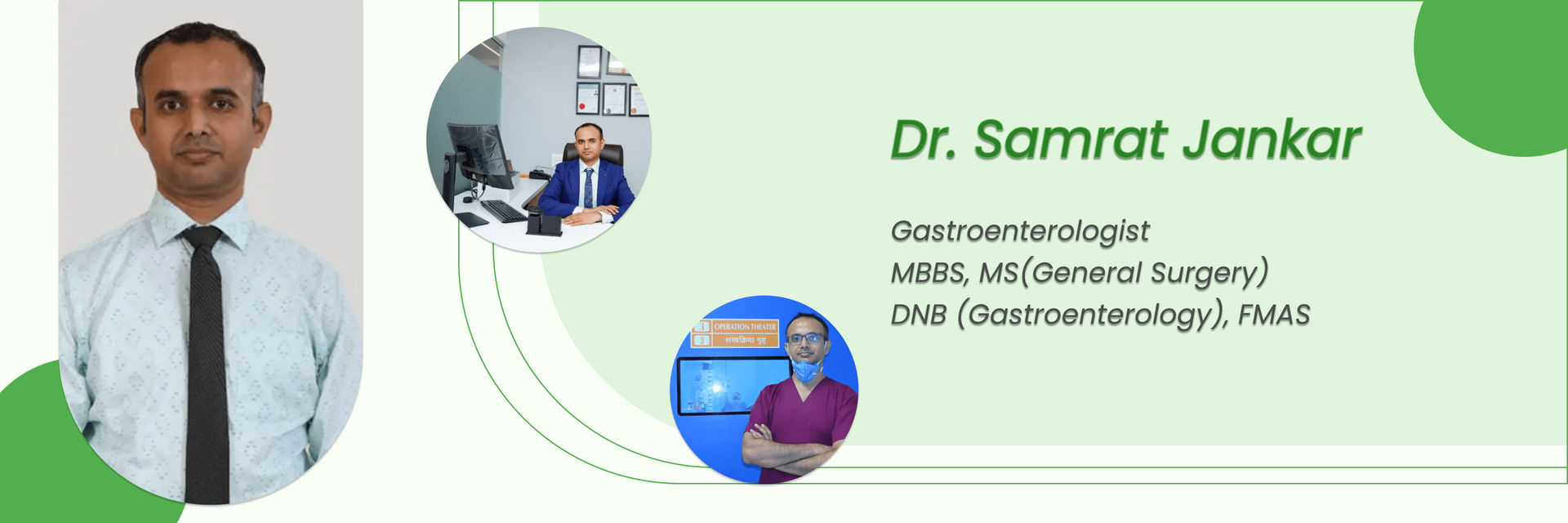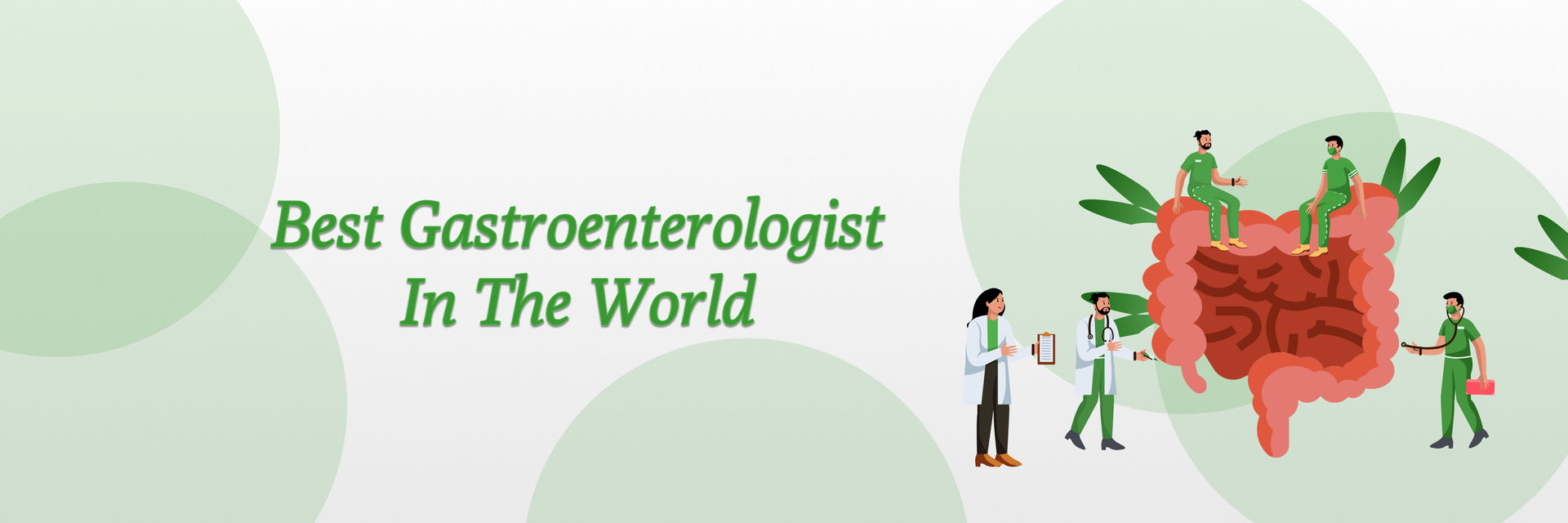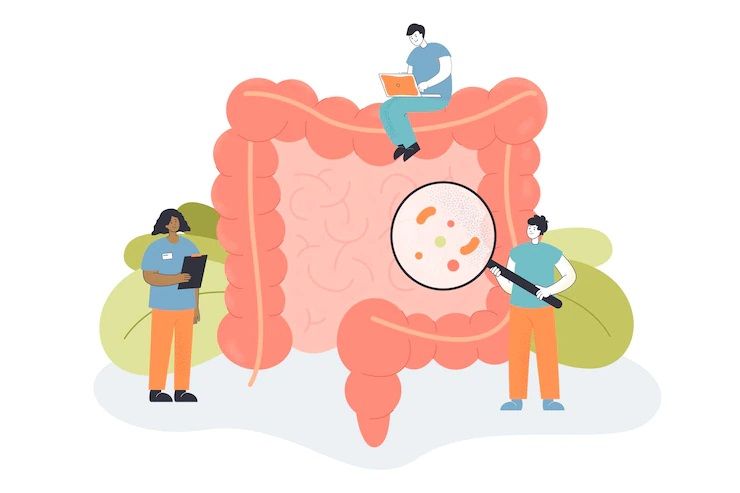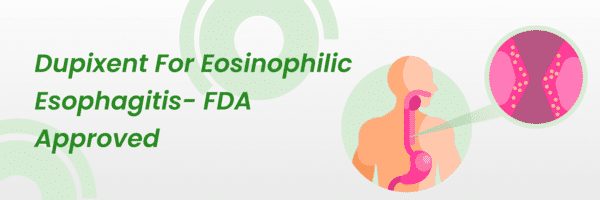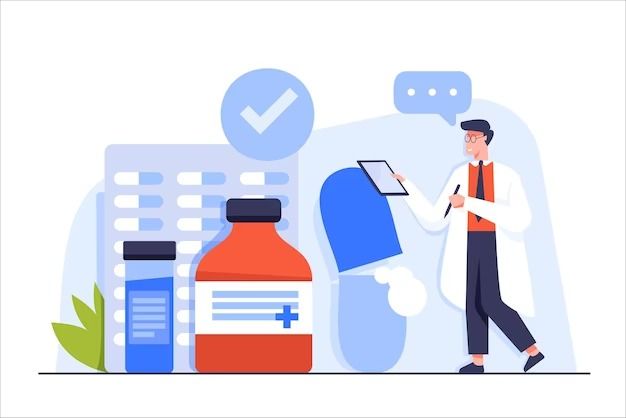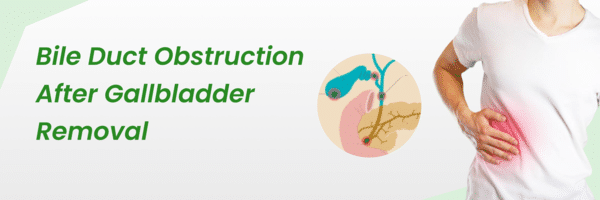The gallbladder is a small organ located below the liver that reserves bile. Bile is a fluid that the liver produces to help with digestion. Gallstones form when the bile in the gallbladder hardens into solid pieces.
There are two types of gallstones:
| Cholesterol stones | Pigment stones |
| Cholesterol stones are made of cholesterol and are typically yellow-green. These are the most common type of gallstones. | Pigment stones are made of bilirubin and are typically small and dark. They are less common than cholesterol stones. |
As mentioned earlier, gallstones can vary in size from as small as a grain of sand to the size of a golf ball. They can cause pain and other symptoms if they block the flow of bile. Bile flow gets constricted if the gallstones move out of the gallbladder and into the bile ducts.
Studies have revealed that gallstones are a common health issue that can occur during and after pregnancy. It is better to visit a hospital for better treatment.
Let’s look at some statistics and the incidence of gallstones after pregnancy.
Your health is too important to ignore – schedule your appointment now.
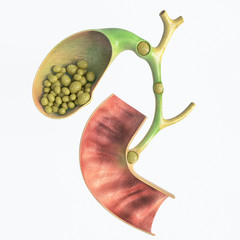
Are gallstones common after pregnancy?
Gallstones are a fairly common health issue after pregnancy. The exact statistics can vary depending on the population studied and the method of diagnosis. However, some estimates of the incidence of gallstones after pregnancy include the following:
- In the United States, approximately 5-10% of women develop gallstones after pregnancy.
- A study in Turkey involving over 1,000 women reported an 8.4% incidence rate in pregnant women and 3.2% in non-pregnant women.
- In Brazil, a study of over 900 women found gallstone incidence rates of 7.6% in pregnant women and 2.8% in non-pregnant women.
- Another study in India, with over 4,000 women, reported gallstone incidence rates of 4.6% in pregnant women and 2.3% in non-pregnant women.
Please Note: These statistics only give an idea about the incidence of gallstones after pregnancy, and it's not the same for every woman. Factors such as genetics, diet, and overall health can also play a role in the development of gallstones.
So, it turns out you are more likely to have gallstones after getting pregnant! Let’s find out why.
What causes gallstones after pregnancy?
Gallstones are formed when there is an imbalance in the substances that make up bile. Bile is a fluid that the gallbladder stores and releases into the small intestine to aid digestion. Pregnant women are at an increased risk of developing gallstones due to the hormonal and physical changes linked with pregnancy.
Several factors can contribute to the formation of gallstones after pregnancy, including:
Hormonal changes | Pregnancy causes an increase in certain hormones, such as estrogen. Excess estrogen can slow down the movement of bile in the gallbladder and increase the risk of gallstones. |
Rapid weight gain | Pregnancy is associated with weight gain, and rapid weight gain can increase the risk of gallstones. |
Improper diet
| A diet high in fat and cholesterol can contribute to the formation of gallstones. |
Genetics | Some people are genetically predisposed to develop gallstones. |
Dehydration | Pregnant women may be more likely to become dehydrated, which can increase the risk of gallstones. |
According to Lisa a nutritionist and creator of the Candida Diet stated that -
One nutrition-related cause of gallstones is rapid weight loss.
Gallstones are a common complication that can occur after pregnancy. One nutrition-related cause of gallstones is rapid weight loss. The gallbladder stores bile, which is a fluid produced by the liver that helps to digest fats.
If a person loses a significant amount of weight quickly, the gallbladder may not be able to keep up with the demand for bile and can form solid particles, called gallstones. A diet that is high in fat and cholesterol can also increase the risk of developing gallstones. This can occur if a woman eats a diet that is high in saturated fats, such as red meat and butter, during pregnancy and then loses weight quickly after giving birth.
Please Note: Not all women who have these risk factors will develop gallstones after pregnancy. Also, some women may develop gallstones after pregnancy even if they don't have any known risk factors.
But how will you know if you develop gallstones during your pregnancy? Read on to recognize the signs.
What are the symptoms of having a gallstone during pregnancy?
Gallstones during pregnancy can cause various symptoms, which can vary depending on the size and location of the stones. Some of the most common symptoms of gallstones during pregnancy include:
Pain | The most common symptom of gallstones is pain in the upper right side of the abdomen, which can be severe and steady. The pain may also radiate to the back or chest and last for more than 5 hours. |
Nausea and vomiting | Gallstones can cause nausea and vomiting, which can be particularly distressing during pregnancy. |
Bloating and indigestion | Gallstones can cause bloating and indigestion, which can be uncomfortable during pregnancy. |
Dark urine | Piling up of bilirubin due to gallstone blockage can cause dark urine since bilirubin is a pigment that can color urine. |
Clay-colored stool | Bile gives stool its brown color, so if the bile is not flowing into the small intestine, the stool can appear pale or clay-colored. |
Jaundice
| In rare cases, gallstones can cause jaundice, a yellowing of the skin, and whites of the eyes. |
Fever | Gallstones can cause fever if the stones cause an infection. |
Please Note: Not all women with gallstones will experience symptoms. Some may experience symptoms similar to other pregnancy-related issues, such as heartburn or constipation.
Are you or a loved one experiencing any unusual symptoms during or after pregnancy? Please consult with your doctor. Early diagnosis and treatment can help prevent complications.
Your well-being is our priority - call us to book your appointment today
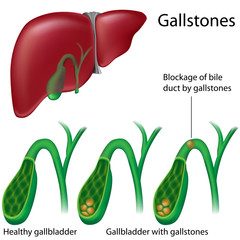
How is gallstone diagnosed?
A doctor may perform a physical examination and ask about a patient's symptoms and medical history.
Gallstones after pregnancy can be diagnosed through imaging tests such as:
• Ultrasonography
• Computed tomography (CT) scans
• Magnetic resonance imaging (MRI) scans
• Cholangiography
• Blood tests may also be done to check for the presence of infection or inflammation
Likewise, doctors suggest anomaly scan to detect any structural abnormalities and to evaluate the fetus anotomy.
So, let’s say you have been diagnosed with gallstones while pregnant. What now?
Read on to learn the treatment to remove gallstones during pregnancy.
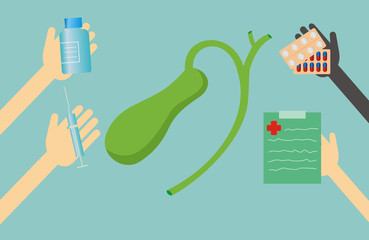
What are the treatment options to remove gallstones while pregnant?
Treatment for gallstones during pregnancy typically involves managing symptoms and monitoring the condition until the baby is born.
Instead, the treatment options during pregnancy may include:
- Observation: The doctor may monitor the patient's condition and symptoms to ensure they are not worsening.
- Medications: The patient may be given medication to relieve pain and inflammation, such as ursodeoxycholic acid (UDCA).
- Diet: A low-fat diet may be recommended to help reduce symptoms.
- Laparoscopic cholecystectomy: SAGES* operating guidelines declare that Laparoscopic cholecystectomy is risk-free for pregnant women with symptomatic gallstones and the fetus. * The Society of American Gastrointestinal and Endoscopic Surgeons
Please Note: Each patient is different, and the treatment plan will be tailored to the patient's specific needs and circumstances.
Please discuss with your doctor if gallbladder removal after pregnancy is viable for you.
What are the effects of gallstones while pregnancy if not treated?

If left untreated, gallstones during pregnancy can cause a variety of complications, including:
- Acute cholecystitis: This is a serious gallbladder infection that can cause severe pain and inflammation. It can also lead to fever, nausea, and vomiting.
- Obstruction of the bile ducts: Gallstones can block bile flow, leading to jaundice (yellowing of the skin and eyes) and itching.
- Pancreatitis: Inflammation of the pancreas can occur due to obstruction of the pancreatic duct by gallstones.
- Infection and rupture: Gallstones can result in your gallbladder becoming infected or even cause them to rupture.
- Effect on the fetus: Untreated gallstones during pregnancy can cause complications for the developing fetus, such as reduced growth or premature birth.
Are there any foods you should avoid if you are pregnant and have gallstones? Let's find out.
What are the foods that a pregnant woman with gallstones should avoid?
A pregnant woman with gallstones should avoid foods high in fat and cholesterol. These foods can increase the risk of gallstone formation and worsen symptoms. Some examples of foods to avoid include:
Fried foods | French fries, fried chicken, and other fried foods are high in fat and should be avoided. |
High-fat meats | Bacon, sausage, and other high-fat meats are best avoided. |
High-fat dairy products
| Whole milk, cheese, and other high-fat dairy products should be limited. |
Sweets and desserts | Sweets and desserts made with butter, cream, or other high-fat ingredients should be avoided. |
High-fat sauces and gravies | Cream-based sauces and gravies should be avoided. |
It's also crucial for pregnant women with gallstones to avoid crash diets or rapid weight loss, as it can cause the liver to produce more cholesterol, which can increase the risk of gallstones.
Gallstones, however, can be prevented if you're prepared to take the necessary precautions. Let’s check them out.
Tips to prevent gallstones while pregnancy
![]()
There are several ways to reduce the risk of developing gallstones during pregnancy:
• Maintain a healthy weight
• Avoid crash dieting
• Exercise regularly
• Stay hydrated
• Manage your diabetes; if you are diabetic
• Follow a healthy diet including fruits and vegetables, foods rich in high-fiber, healthy fats, and nuts
Please note: It's important to note that these measures are not a guarantee against gallstones but can help lower the risk of developing gallstones during pregnancy.
Do you wish to have more information and personalized advice and dietary recommendations?
References:
https://www.babycenter.com/pregnancy/health-and-safety
https://www.everydayhealth.com/gallbladder/gallstones-and-pregnancy/
https://jamanetwork.com/journals
https://sgsmn.com/2019/05/27/pregnancy-and-gallbladder-issues/
https://www.mamamend.com/postpartum-health
https://healthbeat.corewellhealth.org/pregnancy-and-gallstones/
https://www.sciencedaily.com/releases/2019/02/190212134759.htm
